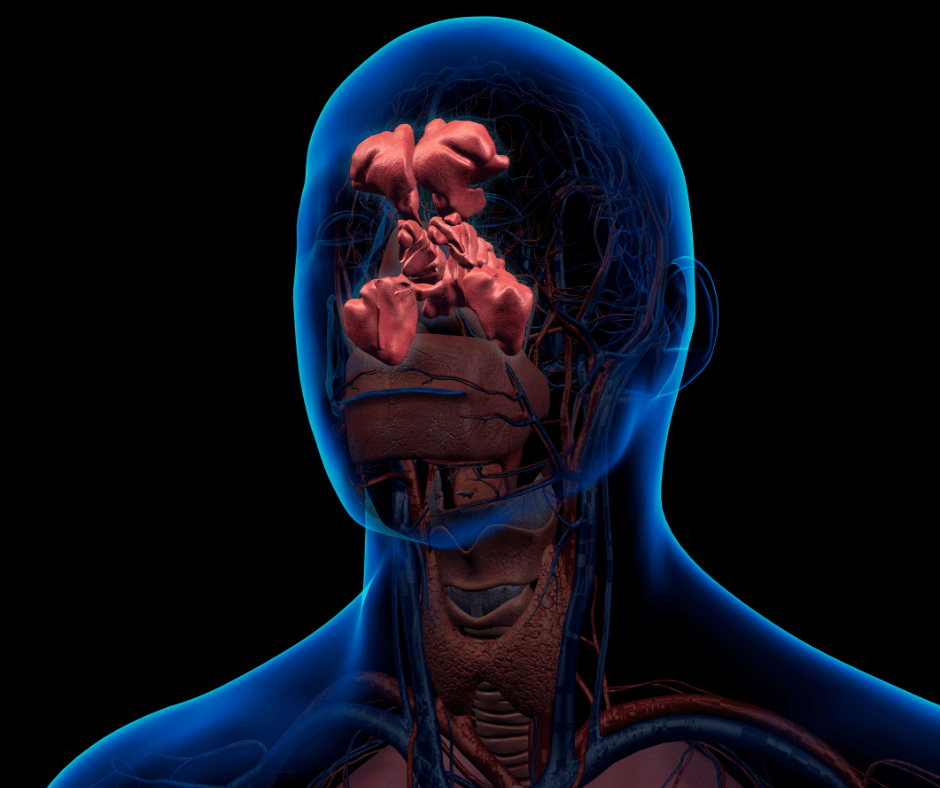Introduction to Tinnitus
Living with tinnitus can be challenging. The incessant ringing or buzzing in the ears can disrupt daily life and impact overall well-being. Understanding this condition is pivotal in navigating its effects on individuals.
Causes of Tinnitus
Tinnitus can stem from various factors, including physical elements like exposure to loud noises, psychological triggers, and underlying medical conditions. Identifying the root cause is essential in managing the symptoms effectively.
Types of Tinnitus
There are two primary types: subjective tinnitus, where only the individual perceives the sound, and objective tinnitus, which is detectable by others, typically through a medical examination.
Diagnosis of Tinnitus
Accurate diagnosis involves medical assessments and specific diagnostic procedures to determine the extent and underlying cause of the condition.
Coping Strategies
While there might not be a definitive cure, various coping strategies can significantly alleviate the impact of tinnitus on daily life. Lifestyle adjustments, therapeutic approaches, and seeking support are crucial in managing symptoms.
Treatment Options
From medications to sound therapy and, in severe cases, surgical interventions, multiple treatment options are available to address tinnitus symptoms.
Managing Tinnitus in Daily Life
Creating a conducive environment and adopting specific practices can help minimize the discomfort caused by tinnitus, enhancing quality of life.
Impact of Tinnitus on Mental Health
Tinnitus can profoundly affect mental health, leading to stress and anxiety. Learning to cope with these psychological effects is integral to managing the condition effectively.
Support Networks and Resources
Engaging with support groups and online communities can provide invaluable emotional support and shared experiences.
Preventive Measures
Protecting hearing health and avoiding known triggers can prevent or minimize the onset of tinnitus.
Alternative Therapies
Exploring alternative therapies like acupuncture, yoga, and meditation might offer additional relief from tinnitus symptoms.
Professional Advice and Seeking Help
Consulting a specialist is crucial in receiving proper guidance and tailored care for tinnitus.
Future Outlook
Continued advancements in research offer hope for improved management and potentially a definitive cure for tinnitus.
Tinnitus can be a challenging condition to navigate, but with the right understanding, coping strategies, and support, individuals can effectively manage its impact on their lives.
FAQs
- Can tinnitus be cured completely?
- While there isn’t a definitive cure yet, various treatments can significantly alleviate symptoms.
- Is tinnitus a sign of an underlying health issue?
- In some cases, it can be linked to underlying medical conditions, necessitating medical evaluation.
- Can lifestyle changes help in reducing tinnitus symptoms?
- Yes, adopting a healthy lifestyle, including reducing exposure to loud noises, can help manage symptoms.
- Are there any support groups for individuals dealing with tinnitus?
- Yes, there are several support groups and online communities dedicated to providing support and sharing experiences.
- Should I seek professional help if I experience tinnitus?
- It’s advisable to consult an ENT specialist for proper evaluation and guidance on managing tinnitus.
About Author:
Dr. Vivek Kumar Pathak: Renowned ENT Surgeon, Senior Professor, and Founder.
Dr. Pathak, ENT surgeon at Kailash Hospital, Senior ENT Professor at Sharda University, and founder of Entegrity Care, brings expertise and innovation to healthcare. Discover the visionary behind Doxtreat Healthcare, shaping the future of ENT care.
Website www.drvivekpathak.com
Call +917838450942
WhatsApp +91 78384 50942
Book an appointment with Dr. Vivek kumar Pathak by filling the form.


